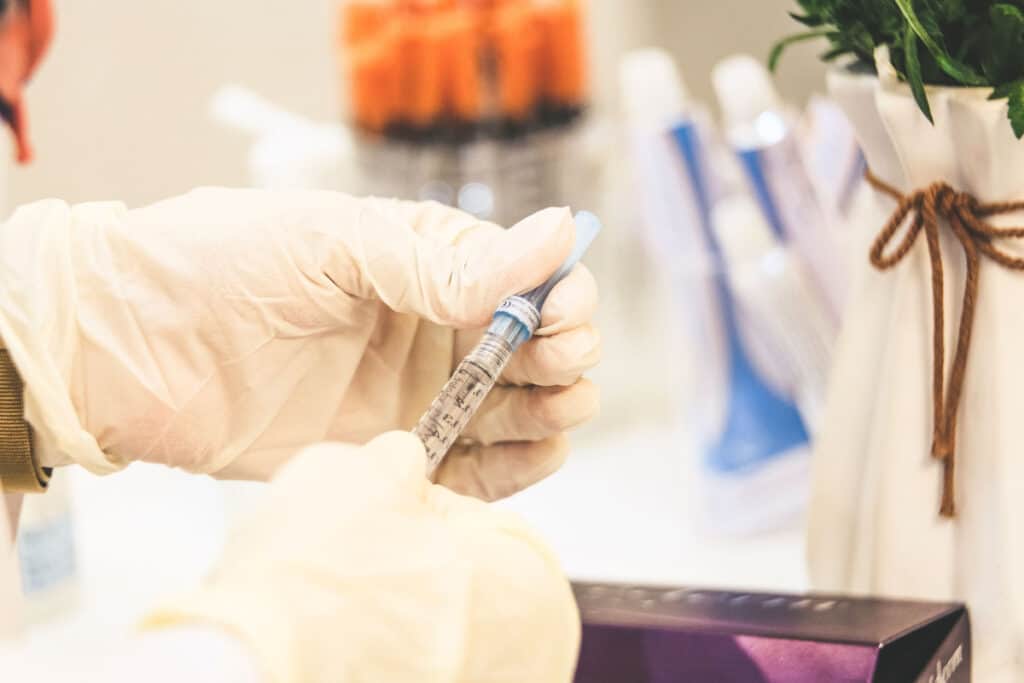What Is Insulin ?
Hormonal insulin is also known as glucagon. It is a hormone that is produced by the pancreas in response to increases in blood sugar or carbohydrate intake. When the amount of glucose in the blood rises, typically from eating too many carbohydrates or from any other source of energy supply such as the liver.
This results in the storage of glucose in the blood as glycogen in order to use it in order to store the excess glucose and also in case of physical exertion. When this glucose is stored in the blood, it is known as glycogen.
Insulin is primarily known as a hormone that facilitates the uptake of nutrients by the bloodstream in the form of sugars. It will also reduce the storage of fat and has also been known to suppress the secretion of Insulin by the bloodstream which is how it works almost like the storage of energy in the form of sugar.

When it comes to increasing your energy level, the best way to do that is by raising your blood sugar levels to a more optimum level. To be more specific, we refer here to the Insulin regulates the rate at which the blood glucose levels are changing, especially during the waking hours.
When they decrease, the blood glucose levels will decrease and peak after about four hours, followed by a continual and slow decrease throughout the following twenty-four hours. During the nighttime, the insulin level has to decrease again, though at a lower rate. A minimum of three insulin injections are carried out over a six-hour period just before bedtime.
Just as important is the Insulin also has other functions and we will now explore these functions in detail.
Function of Insulin
- The primary function of Insulin is to reduce the blood sugar level. Studies have shown that a reduction of blood sugar levels of at least 10% is caused by a reduction of insulin as the levels of blood sugar rise.
- To increase the blood levels of glucose, insulin also increases the activity of the enzyme in the bloodstream resulting in an increase in the liver enzyme mass. This reduces the storage of fat and releases stored fat causing the rate of weight gain to increase.
- The primary function of insulin is to reduce the circulating level of insulin. This reduces the glucose that leaves the blood and blood vessels. This, therefore, reduces the pressure exerted on the blood vessels by gravity.
- Since the primary function of insulin is to reduce the glucose levels in the blood, the release of insulin by the pancreas reduces the insulin-releasing hormone. The primary cause of the unconscious retention of insulin is also the secondary purpose of the most abundant known manufacturer of Insulin, the pancreas. The pancreas is also primarily known as the organ that produces insulin.
- The primary function of insulin is to restore the glucose levels to the safe and normal towards normal range by reducing the secretion of the attending cells. This reduces blood glucose by an amount that is microbiological in nature.
- The function of insulin is to decrease excessive glucose by causing a reduction in the circulating level of insulin.
The primary aim of the human body is to regulate its blood glucose levels to ensure normal life. The most widespread problem that affects the world today is diabetes. Diabetes is an important risk factor for diseases and is the sixth leading cause of death worldwide. It is also a cause for many other debilitating and even fatal diseases. One of the most common problems associated with diabetes is peripheral neuropathy. This neuropathy is best understood by its symptom of numbness and tingling of the hands and feet.
As is evident from some of the listed information in this article, some of its key causes are inflammation, lowered blood glucose levels, insulin resistance, and deficiencies in magnesium and vitamin B6.
Therefore, if there is anything you can do to improve your condition, you will delay the onset of many deadly diseases by doing your best to fight inflammation.
More Interesting Article For You!
(2021) Proven Migraine Headache Relief Foods